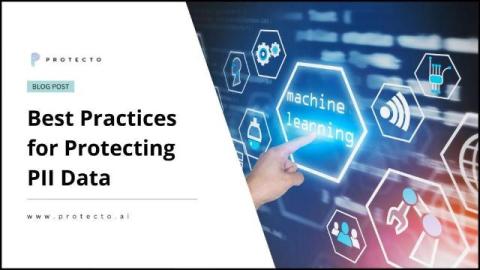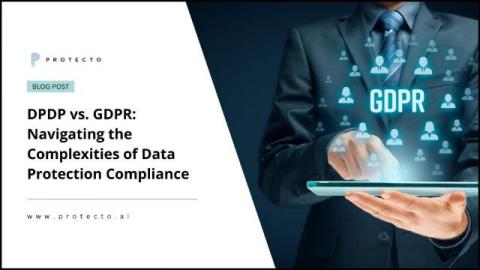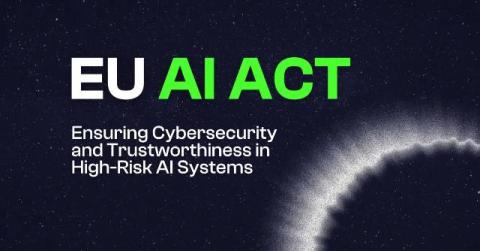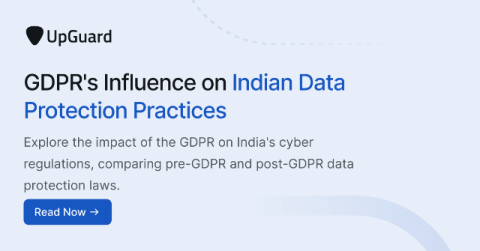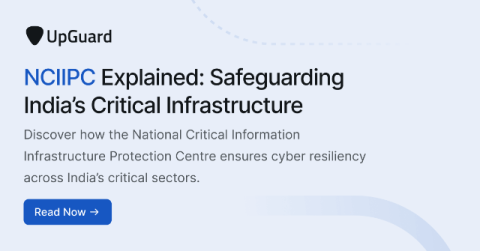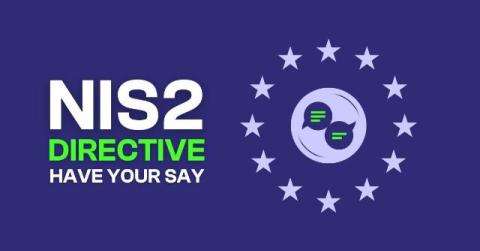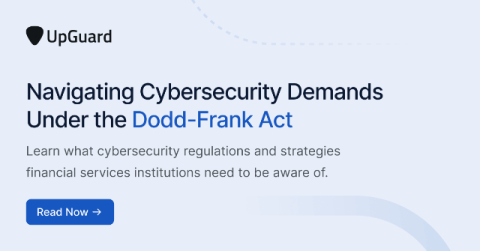Best Practices for Protecting PII Data
Protecting PII data has never been more crucial. In today’s digital age, personal information is constantly at risk from cyber threats. Ensuring data privacy is essential for maintaining trust and compliance with regulations like the General Data Protection Regulation (GDPR) and the California Consumer Privacy Act (CCPA). PII means Personally Identifiable Information. It includes data that can identify someone, like their name, address, or social security number.


